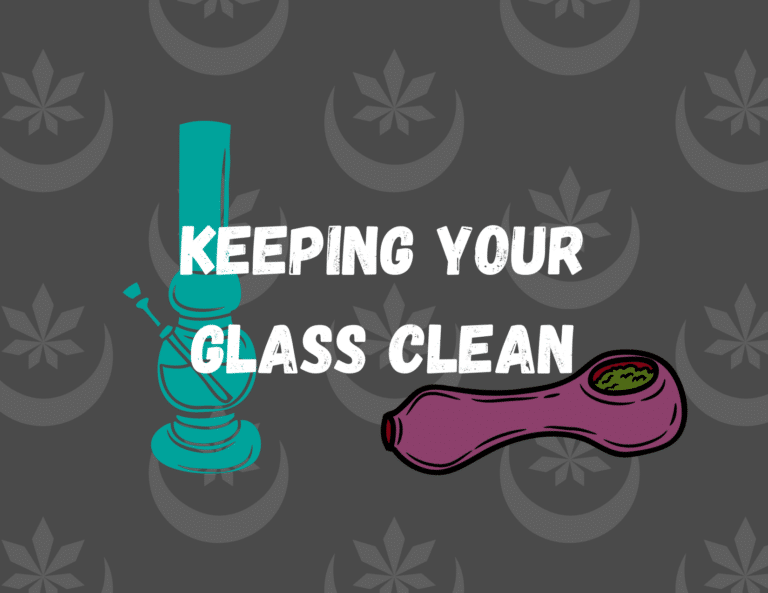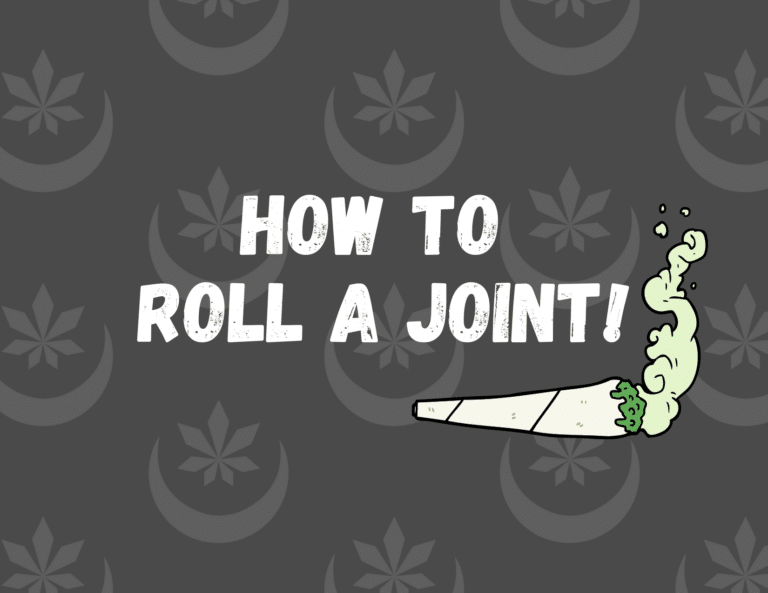
When seeking a relaxing evening at home, do you lean towards cannabis or alcohol? Individuals dealing with chronic pain often face the decision between prescription painkillers and cannabis. Within the cannabis community, the truth is clear: consuming cannabis through smoking, vaping, or ingestion is safer than excessive alcohol consumption and significantly less addictive than prescription medications commonly used for medical conditions. What about the things people outside of this community think?
Societal stereotypes, often perpetuated by media paint a picture of cannabis users as carefree stoners with no inhibitions. These misconceptions overshadow the true potential of cannabis use and lead to unwarranted negativity around it. The misconceptions related to cannabis encompass a wide range of perspectives. Let’s debunk some prevalent myths and shed light on why they are inaccurate:
- Cannabis as a Gateway Drug: Repeatedly, the notion of cannabis as a stepping stone to more potent drugs surfaces. Typically, this is created by authority figures like parents and teachers, aiming to dissuade teens from experimenting with cannabis. In reality, using cannabis does not necessarily determine one’s future involvement with harder substances.
- Cannabis Addiction: The belief that cannabis addiction is a broad and universal phenomenon fails to acknowledge the complexities of addiction. Addiction entails a person’s physical and biological dependence on a substance, coupled with the struggle to cease the behavior. While one could argue that cannabis meets these criteria, a deeper examination reveals nuances. Some individuals experience what’s termed “cannabis use disorder,” found in the Diagnostic and Statistical Manual of Mental Disorders, Fifth Edition. The severity of this disorder varies among individuals. While struggles with reducing cannabis consumption exist, labeling cannabis as universally addictive remains an oversimplified myth.
- The Stereotype of Laziness: A prevailing stereotype is that cannabis use leads to couch-bound lethargy, characterized by prolonged idleness and lack of ambition. With growing acceptance, more individuals have spoken out about the diverse benefits of cannabis. While certain strains induce relaxation, contributing to leisurely activities, an equal number of strains offer motivation and creativity. Savvy cannabis users understand that sativa strains, for example, infuse euphoria and energy. This can empower those battling depression or chronic pain to tackle their day with enthusiasm.
- Cognitive Impairment: Frequent cannabis users might be associated with a spaced-out demeanor, and claims of memory lapses due to cannabis. This lacks concrete evidence linking memory loss or cognitive decline to cannabis use. Numerous scientific studies spanning decades indicate that regular cannabis consumption does not result in declining IQ scores over time. Even MRI scans show minimal disparities between cannabis users and non-users.
- Cannabis Legalization and Crime: Given its association with drug-related activities, critics contend that legalizing cannabis would increase crime rates. However, data from the FBI Uniform Crime Report contradicts this claim. In reality, legalization correlates with reduced crime rates. In contrast, a significant portion of violent crimes is connected to alcohol. Considering the calming and euphoric effects of cannabis, it logically follows that individuals under its influence are less inclined to engage in violent behavior.
While the journey toward acknowledging cannabis’s merits has just begun, we’re making steady strides toward wider acceptance and dispelling falsehoods. It took thirteen years of prohibition before alcohol was legalized, and its integration was swift afterward. We await the day when cannabis attains a similar commonplace status. In the meantime, it’s our collective responsibility to advocate for cannabis and enlighten those swayed by these misguided myths.
Copyright © 2024 Magic Mann All rights reserved.
Site by CannaPlanners



